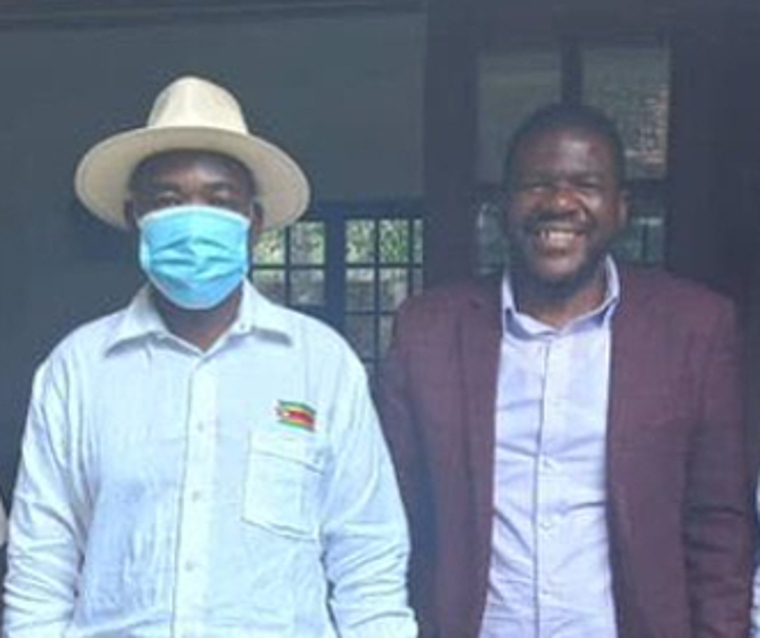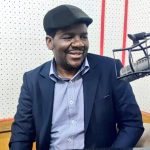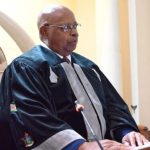 The Zimbabwe African National Union-Patriotic Front now has a two-thirds majority in Parliament after winning six seats in the by-elections held at the weekend.
The Zimbabwe African National Union-Patriotic Front now has a two-thirds majority in Parliament after winning six seats in the by-elections held at the weekend.
The party now has 190 seats in the 280-seat national Assembly, three seats more than the 187 required.
The two-thirds majority allows the party to make amendments to the national constitution without seeking input or agreement from the opposition which now has 90 seats.
The main opposition Citizens Coalition for Change is currently in a quandary as it is not clear how many seats among the 90 are controlled by the party formerly led by Nelson Chamisa and how many belong to the party fronted by self-proclaimed interim secretary-general Sengezo Tshabangu.
Tshabangu has been accused of being an impostor but Chamisa quit the party last month without proving that Tshabangu was indeed an impostor.
He also said he was leaving the party because it has been infiltrated by ZANU-PF but did not name the leaders who were working with the ruling party.
Chamisa’s top lieutenants were bluntly told by party supporters in Mutare at the weekend that problems within the party were at leadership level and not at the grassroots.
Chamisa was the main culprit in the party split because he ignored calls to set up proper structures within the party when it was formed in 2022 arguing that he had adopted a policy of strategic ambiguity so that it could not be infiltrated by ZANU-PF. But this ambiguity allowed Tshabangu to claim he was interim secretary-general and therefore was able to recall legislators elected in August under the CCC ticket.
Chamisa, who is a lawyer and advocate,failed to challenge Tshabangu in court raising speculation that he might be part of the plot to destroy the opposition.
Allegations that Chamisa was working with the ruling party were raised soon after he took over leadership of the then Movement for Democratic Change Alliance on 15 February 2018, a day after founding president of the party Morgan Tsvangirai died, and just prior to the 2023 August elections when it was claimed that he had struck a deal with ZANU-PF to throw away the elections.
Tshabangu initially claimed that Chamisa was his leader and all that he wanted was to get rid of the criminal element surrounding Chamisa but he seems to have been upset when Chamisa disowned him.
It was then that Tshabangu vowed: “I want to reduce him to nothing, I mean nothing because he can’t vow to say that he doesn’t know me,considering the suffering I endured (at) the hands of ZanuPF in a bid to remove it from power,today he says he doesn’t know me,that’s Bull shit,” Tshabangu posted on his X handle.
Most people did not take Tshabvanmgu seriously but he seems to have won forcing Chamisa to quit the party, leaving the opposition in a quandary.
The results of the by-elections at the weekend tell it all. CCC candidates who contested the elections as independents as they could not do so under the CCC banner because Tshabangu had won a case forbidding them to do so, were beaten by ZANU-PF candidates.
The ZANU-PF victory does not augur well for the country because it effectively paralysed the opposition.
Chamisa is also partly to blame for the poor performance of the opposition in the August 2023 Parliamentary elections because his campaign was focussed on him and not on the candidates for the national assembly to make sure that country had an viable opposition to rein in ZANU-PF as was the case in 2008.
The 2008 parliament was probably the best Zimbabwe has ever had as ZANU-PF has 99 seats, MDC-T, 100 seats, MDC under Mutambara then, 10 Seats and 1 independent legislator.
This was very healthy because no party could make any changes without the support of the other. Chamisa and Tshabangu have upset all this. But who is to blame?
(176 VIEWS)

